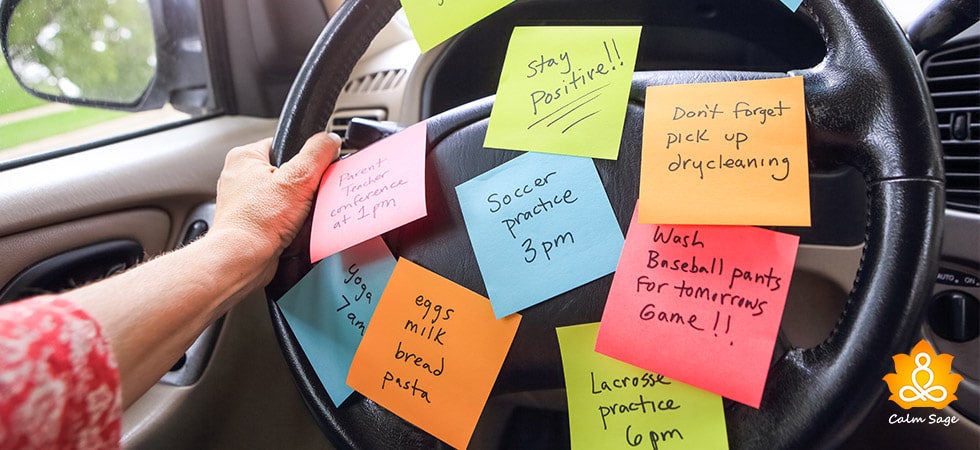All You Need To Know About Parenting Stress Index (PSI)

Parenting is a tough journey to take on…as a mother of a toddler… Some days I enjoy raising a toddler who is a mini version of me and some days I feel like running away from everything.
But, do we parents get to choose that? I used to stress a lot during those murky days until I started checking on my mental health and connected with a mental health professional to understand the root cause of my stress levels.
Recently, I learned about the parenting stress index which is an assessment tool used for measuring stress between parent and child.
The parenting stress index helped me make the right decision for myself and my family. The fact is that my toddler is watching me, and I really need to avoid parenting stress or burnout because I don’t want to end up passing such issues to my children. If you’re a stressed parent and looking forward to resolving your stress, you’ve landed on the right page.
In this blog, I have mentioned everything you need to know about the parenting stress index based on my personal experiences. So, let’s get started!
What is the Parenting Stress Index?
The parenting stress index (PSI) is a 30-minute assessment tool that helps in measuring stress between a parent and child. This assessment consists of 120 questions focused on different categories such as marriage status, depression, isolation, healthy attachment, and other important topics such as mood levels, distraction, and others.
The best part about this assessment is that it can be completed online and offline. This test can be used by parents of children varying in age from 1 month to 12 years.
This tool can help in providing appropriate support to parent-child relationships wherein there’s a risk of mental health issues such as neglect and abuse. This tool can be effectively used during custody cases, school, and medical settings.
This tool can only be administered by a mental health professional online or offline. Therefore, if you’re not able to handle or manage parenting stress, connect with a mental health professional.
A mental health professional will help you understand your family dynamics, root causes of stress, and effective stress management strategies for raising your child stress-free. To connect with an experienced and certified mental health professional through online platforms, click below:

Great for a large network of licensed therapists
-
$60 to $90/week, billed every 4 weeks
-
Therapy via messaging, phone, or live video chat
-
Flexible cancellation at any time
20% off your first month

Great for CBT Based therapists
-
$40/week, billed every 4 weeks
-
Therapy via messaging, phone, or live video chat
-
Specialization for CBT based Therapy
20% off your first month

Best for Treatment Plants
-
$60 to $90/week, billed every 4 weeks
-
Therapy via messaging, phone, or live video chat
-
Flexible cancellation at any time
$100 off your first month with code SPACE
Fact-Check:
- The parenting stress index (PSI) was developed in 1983 and currently the 4th edition is used worldwide named PSI-4.
- This tool can be used for stressed parents or stressed children to effectively understand the overall family dynamics.
- PSI helps in building appropriate strategies to combat stress or anxiety within a family.
Important Points Related to PSI:
- Test Abbreviation: PSI-4 (Updated Version)
-
- Age: 0-12 years
- Country of Origin: USA
- Copyright: Abidin 2012
- Purpose: To identify parent-child problem areas
Working of Parenting Stress Index (PSI)
This assessment consists of 120 questions based on a Likert scale (5-point scale) ranging from strongly agree, agree, not sure, disagree, and strongly disagree.
The working of PSI can be divided into three main parts:
- Child characteristics
- Parent characteristics
- Situational and demographic life stress
Child characteristics
This domain helps in assessing factors such as:
- Acceptability
- Adaptability
- Demandingness
- Hyperactivity or distractibility
- Mood
- Other factors such as reinforcement
Parent characteristics
This domain helps in assessing factors such as:
- Attachment issues
- Competence
- Depression
- Health
- Isolation
- Role restriction
- Spouse issues
Situational and demographic life stress
This domain helps in assessing factors such as:
- Person’s ability
- Other demands
- Financial difficulties
- Social isolation
- Other factors such as management
Other Stress Screening Tools
Stress can be an inevitable part of life and to understand the root cause and related issues, there are other stress screening tools available that can be administered by a mental health professional such as:
1. Parental Stress Scale (PSS):
PSS is a short and quick stress survey consisting of 18 questions focused on parent’s roles and responsibilities and their impacts on children.
2. Parental Burnout Assessment (PBA):
PBA is a 23-questionnaire burnout assessment that helps in understanding the dimensions of burnout such as emotional distancing, emotional exhaustion, and other stress or burnout-related symptoms.
An Important Message from the Author
As I mentioned above, the parenting stress index (PSI) can only be administered by a mental health professional, therefore, in such cases, connect with a mental health professional to get proper help and diagnosis. Additionally, if you are severely concerned about your or your child’s mental health or safety, reach out to a professional or call 911 to seek out the right support.
In cases of abuse, violence, or suicidal thoughts, take a look at the below-listed information:
- National Suicide Prevention Helpline
- For support and assistance from a trained mental health advisor, call 988. For emergency situations, call 911
- National Child Abuse Hotline or call at 1-800-422-4453
I hope this blog helps you understand what the parenting stress index is and how to use it for assessing stress between a parent and child. Comment down and share your queries or you can also write to us at Calm Sage.
Share this blog with other fellow parents, let them know they are not alone, and let’s embark on a new stress-free parenting journey together!
For more such content, connect with us through all social media platforms.
Thanks for reading!




















